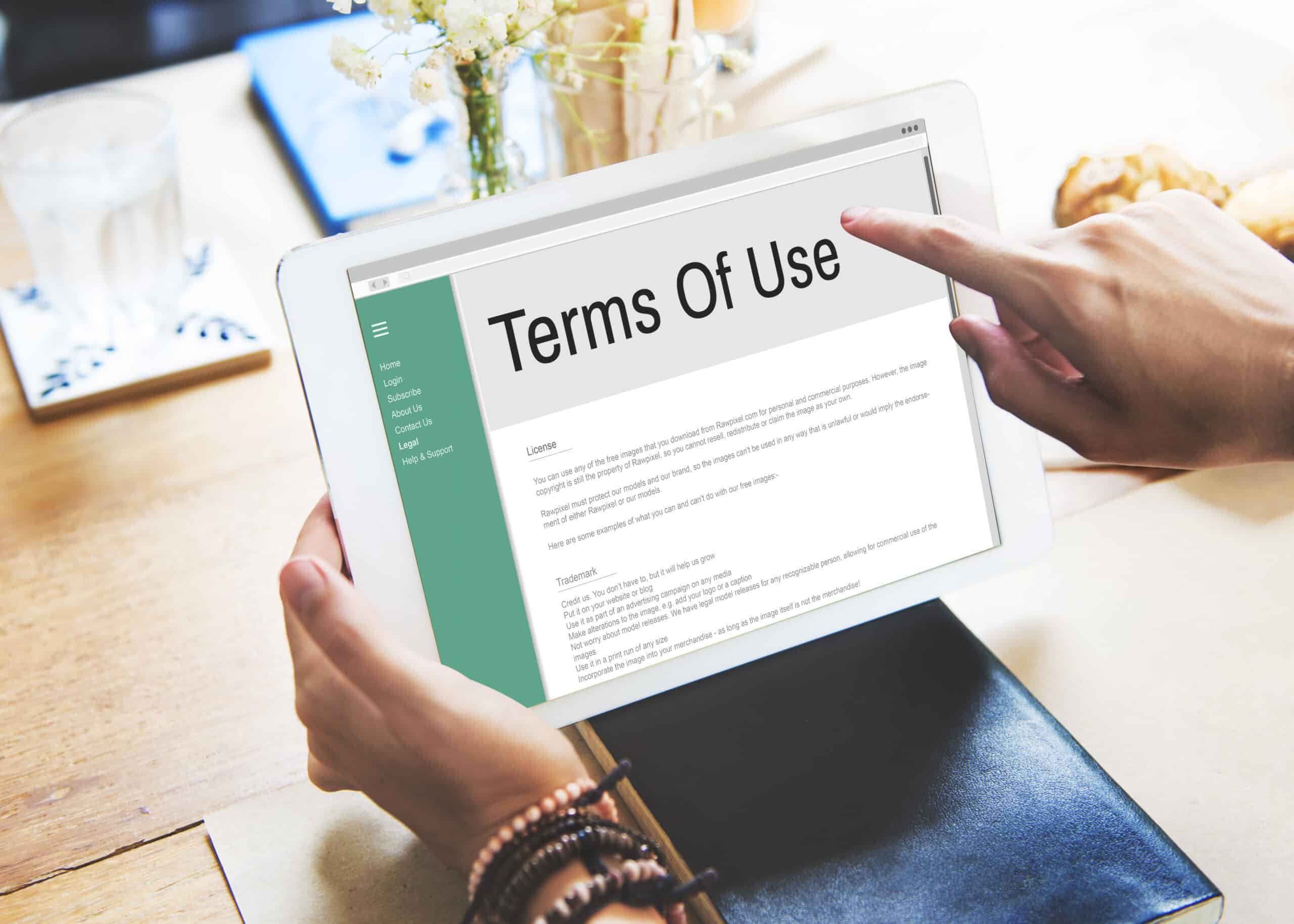Let’s take a deeper dive into email marketing legal requirements. And more specifically, the case for why opt-in is a better option. In our last post, we discussed compliance with the CAN-SPAM Act. But the CAN-SPAM Act isn’t the only regulation on email marketing. Canada has the Canada Anti-Spam Law (CASL) and the European Union has the General Data Protection Regulations (GDPR). Many other countries have email marketing legislation as well, similar to these laws. And other than the United States, almost every country requires affirmative opt-in for email marketing.
The CAN-SPAM Act applies to all commercial email marketing
The CAN-SPAM Act doesn’t apply just to bulk email. It covers ALL commercial email. The law defines commercial email as “any electronic mail message the primary purpose of which is the commercial advertisement or promotion of a commercial product or service.” That’s a lot of “commercial!” But what it boils down to is this . . . if your intent is to make money, even indirectly, then you must comply with the CAN-SPAM Act.
In addition to commercial email, the CAN-SPAM Act recognizes transactional email. Transactional email is an email sent regarding a product or service the customer has already purchased. For example, a shipping notification. While transactional email is not subject to CAN-SPAM regulation, if you combine commercial and transactional content in a single email, then you still need to comply with the CAN-SPAM Act.
Opt-Out versus Opt-In
The CAN-SPAM Act differs from CASL, GDPR, and the legislation of most other countries in that it does not mandate opt-in (permission) for email marketing. Many U.S. consumers misunderstand the CAN-SPAM law, believing that a business cannot add them to an email list without their permission. That’s simply not true! In the United States it is legal to add any U.S. citizen to your email list without their permission. You just need to provide a compliant opt-out mechanism. That said, just because it’s legal doesn’t make it a good marketing tactic. Adding consumers to your email marketing list without their permission is likely to backfire. People don’t like it. They will be annoyed and likely immediately unsubscribe. And the behavior of adding without permission reflects poorly on your business and negatively impacts the recipient’s purchasing decisions.
The Case for Requiring Opt-In
Here’s something to consider: Do you know where everyone on your email list is from? I don’t! And I don’t have the time or inclination to police it to figure out where they are all coming from!
If you don’t know where your subscribers are from, sending them email without their permission could be a costly mistake. CASL, GDPR, and most other legislation outside the United States requires affirmative opt-IN before sending someone an email marketing message. Violation can result in hefty fines.
It can be a lot of extra effort to segregate your list so that you are only requiring opt-in where mandated. The simpler and more effective tactic is to require opt-in for everyone on your list! That way you don’t violate the email laws of other countries by inadvertently sending an email without permission to one of their citizens. You also avoid incurring some steep regulatory fines. It may mean some folks never make your list because they don’t complete the opt-in process. But it also means that those on your list DID complete the opt-in process and are more likely to be engaged readers since they actually WANT your messaging!













